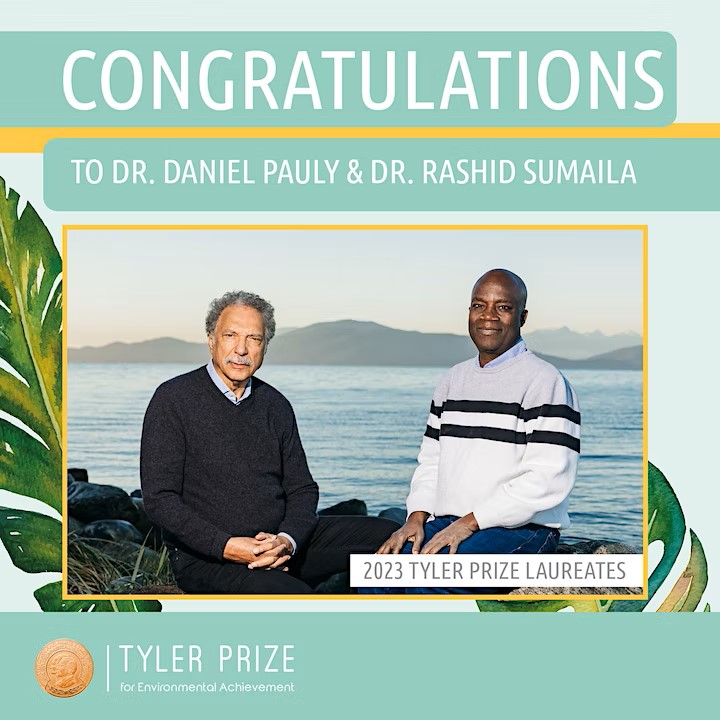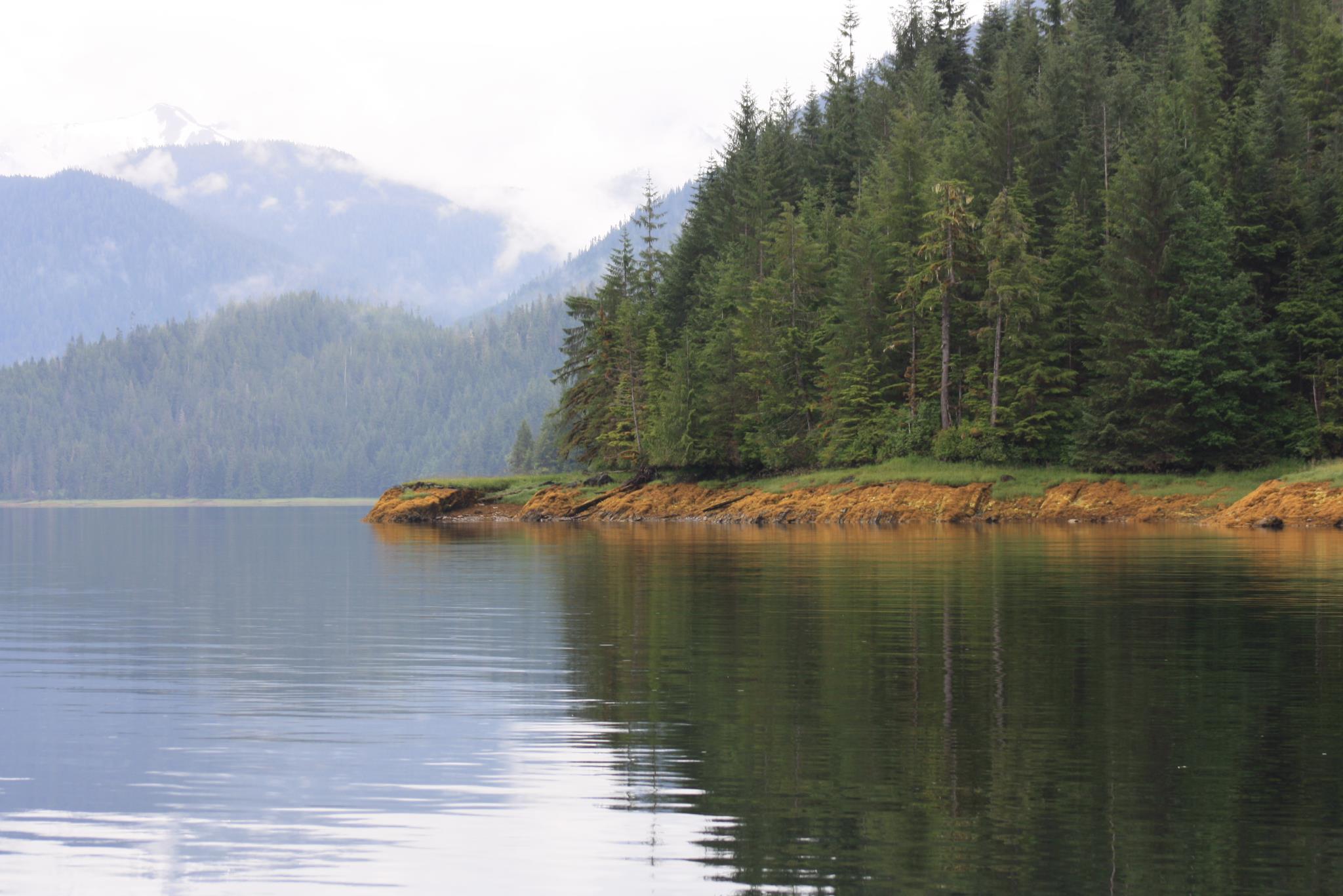The world’s oceans and coasts are awash in a sea of politics. The marine environment is increasingly busy, changing, and a site of degradation, marginalization, injustice, contestation and conflict over declining resources and occupied spaces at local to global scales. Themes of political ecology, such as power and politics, narratives and knowledge, scale and history, environmental justice and equity, are thus salient issues to understand in ocean and coastal governance and management. This subject review examines research on these themes of political ecology in the ocean and coastal environment and reflects on how the insights gained might be applied to governance and management. Political ecology provides important insights into: the influence of power in ocean management and governance processes; the manner in which narratives, knowledge, and scale are used to legitimize and shape policies and management efforts; the effects of historical trajectories on present circumstances, options, and practices; and the nature of inequities and environmental injustices that can occur in the marine environment. Moreover, ocean and coastal researchers, practitioners, and decision makers ought to engage with the political processes and injustices occurring in the ocean. Moving from critical insights to constructive engagements will ensure that political ecology helps to plant seeds of hope in the Anthropocene ocean.


